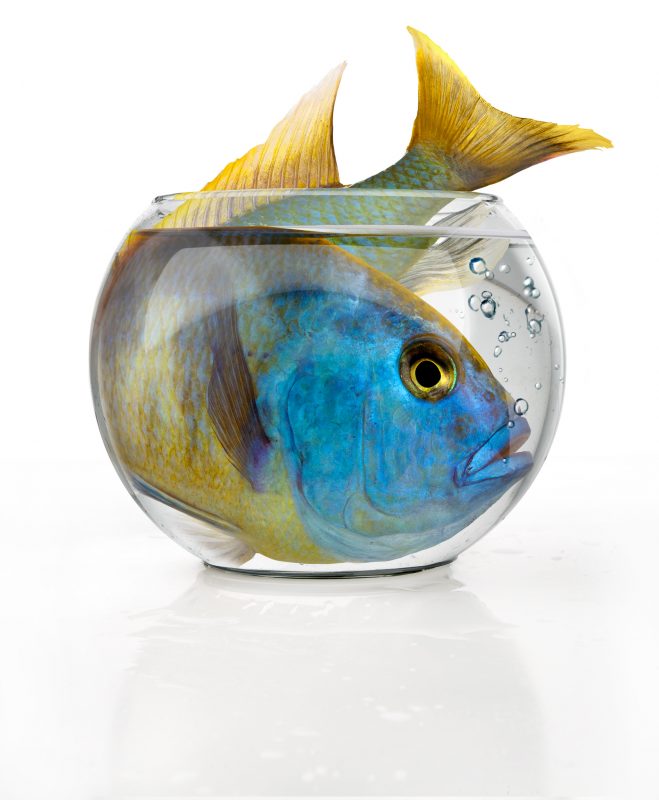Sustainable salmon farming in British Columbia
Put salmon farms in land-based fish tanks. This is an online demand we see quite often in the comments sections of SeaWestNews Facebook page.
By Samantha McLeod
SeaWestNews
Sustainability is the key to all food farming, whether it is fish in the ocean, or fruits, vegetables, grains and cattle/poultry on land.
All types of farming should be focussed on sustainability/water conservation, which includes avoidance of the depletion of natural resources in order to maintain an ecological balance.
Meanwhile, farmers must supply food for a rapidly growing global population without depleting our limited fresh water resources.
Yet, as we monitor the comments on SeaWestNews articles, there seems to be one recurring demand, “Raise them on land.” This is the sole solution from our local “environmentalists” who insist they want to see salmon raised in land-based tanks – regardless of the 4.16 billion litres of fresh water these tanks would need.
It is not news that the world is running out of fresh water. We know that 70% of the earth’s surface is covered by water. We know that only 2.5 percent of that (70%) is fresh water, and we know that only 1 percent of that (2.5%) is easily accessible.
“Even then, just 1 percent of our freshwater is easily accessible, with much of it trapped in glaciers and snowfields. In essence, only 0.007 percent of the planet’s water is available to fuel and feed its 6.8 billion people.” – National Geographic.
Look at the following information and decide for yourself…
Ocean farms:
- BC salmon is raised in its authentic environment – for approximately half of their life cycle, farmed salmon are raised in an enclosed environment in freshwater hatcheries.
- For the remaining half of the fish’s life cycle, marine pens utilize ocean tides to move water and provide fresh oxygen to the fish.
- Very low energy consumption
- There is no risk to arable land
- Produced 92,800 Metric Tonnes of salmon (2016)
- Contributed over $1.5-billion towards the B.C. economy.
- Marine Environmental research and development programs
- Creates jobs in neglected communities
- The lead in dozens of community initiatives
Land-based fish tanks:
- To move Canada’s current salmon production to land based systems would require 28, 000 Canadian football fields and 4.16 billion litres of fresh water to fill the tanks.
- Land based farms compensate for the lack of a natural environment (i.e., flow, temperature and oxygen) by pumping water, heating/cooling water, and injecting oxygen – requiring consistent and significant amounts of energy to do so and increasing the risk of loss in the event of a power failure.
- Land based aquaculture have a higher contribution to CO2 emissions.
- Growing the global supply of salmon on land would require the same amount of energy per year needed to power a city of 1.2 million people.
- Raising land based Atlantic salmon costs 12 times more than ocean farming.
- Multiple issues with technology and water salinity contributed to undergrown fish suffering from cataracts (Final sampling of these fish indicated that 52.7% of the population in the large grade (1547g approx.) were recorded as having cataracts and these fish were 4.8% smaller than the average.)
See Kuterra performance metrics to 2016 06 30
Fish out of ocean water dampens aquaculture enterprise
All sectors of food farming should aim for, and adhere to, these pragmatic practices:
- Reduce our carbon footprint
- Protect the world’s 1 percent of accessible fresh water
- Save our arable land
- Alleviate global hunger
- Secure our food-future
- Contribute money from today’s industries to build better systems for an even more sustainable tomorrow
- Create equal opportunity jobs in neglected communities
- Lead community initiative programs
- Create profitable businesses
Related links:
Three billion rely on seafood to survive
These guys want to get fresh with you
Around the web:
Asia could run out of fish by 2048, UN reports
Is the world running out of fresh water?

